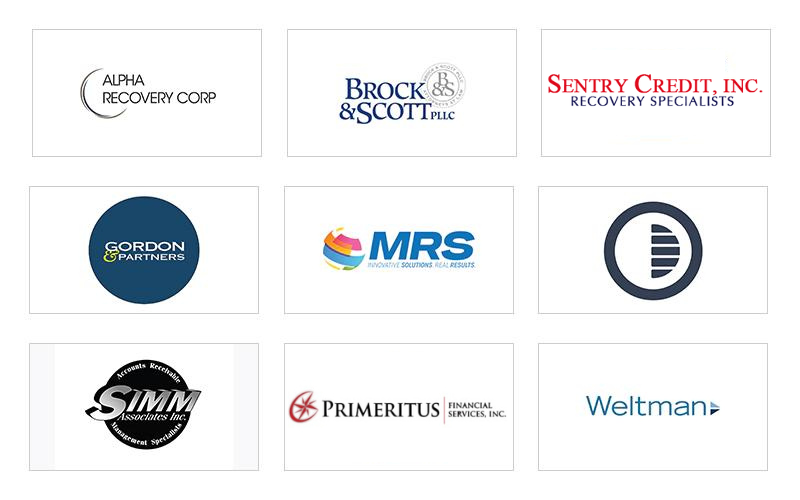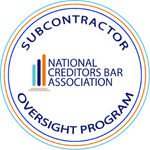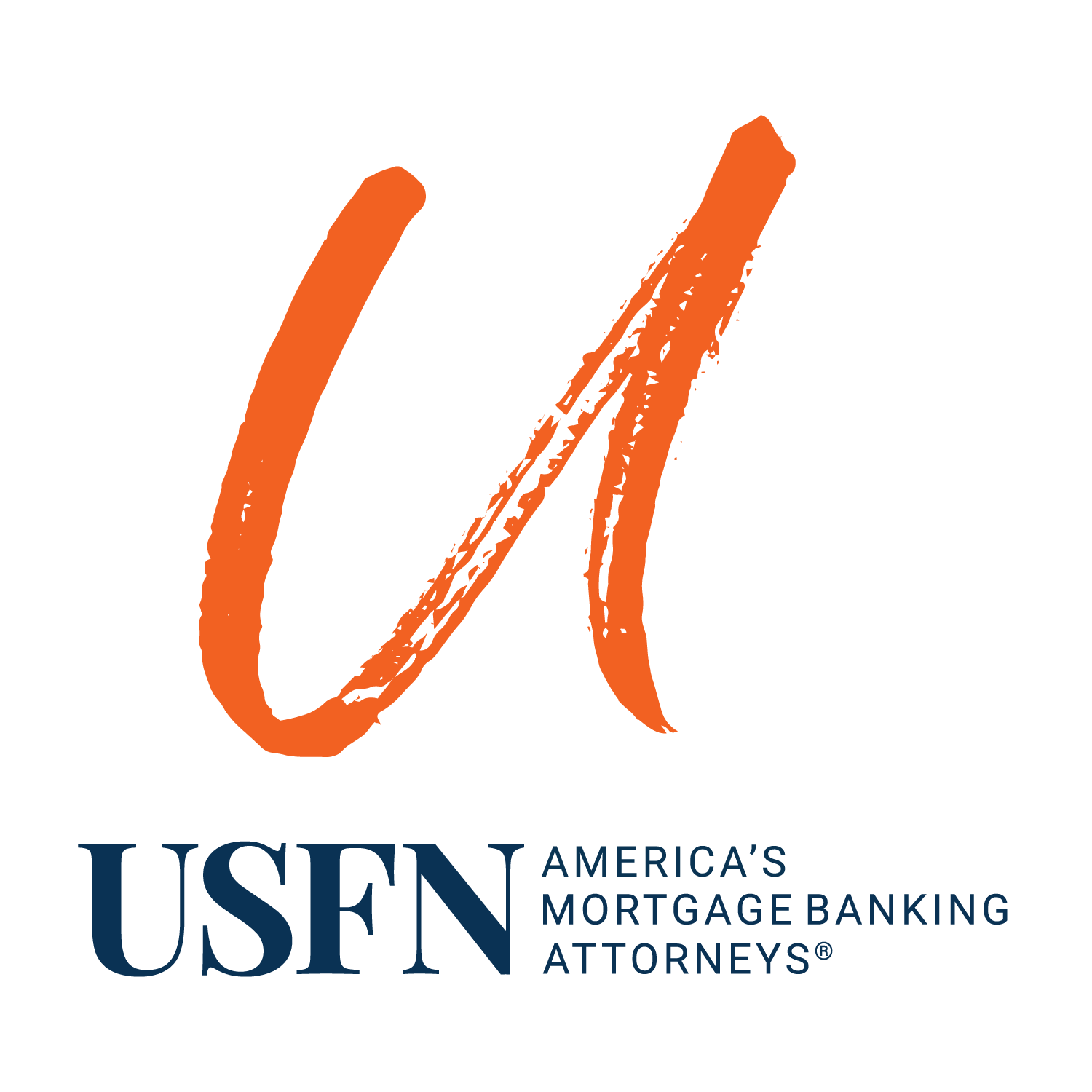Automated Call Scoring – Benefits and Best Practice Guide
- March 14, 2023
- Category: Agent Performance

Recommended Reading
Debt collection is a challenging task that requires technical and interpersonal know-how to persuade the consumer to pay the outstanding debt. Call center agents play a crucial role in this process; hence their performance affects the overall success of the debt collection process. Call scoring through speech analytics (commonly known as automated call scoring) can provide valuable insights into consumer interactions and agent performance.
Automated call scoring is a great tool for quality assurance teams. It can save a lot of time that would otherwise be spent manually scoring calls. A leading collection agency reduced their QA headcount from six to three after implementing our speech platform ICAP. And a direct-to-consumer health insurance sales agency with over 1500 sales agents was able to reduce their QA staff from 80 to only 15, switching from five to 75 reviewed sales calls per day per QA specialist. Automated call scoring, being one of the top features of speech analytics, played a big role in improving this QA efficiency.
Simplifying Automated Call Scoring
Scoring calls, a technique used to analyze agent-consumer interactions and provide a numerical score to each call based on various parameters, can help you identify patterns and trends in consumer-agent interactions and evaluate the performance of agents handling the calls.
The first step in scoring calls through speech analytics is to transcribe the audio recording of each call into text. Once the call is transcribed, keywords, phrases, and sentiments can be identified that are relevant to your quality assurance program. The next step is to develop a scoring algorithm that assigns a numerical score to each call based on specific parameters such as mandatory disclosures, fact misrepresentation, communication tactics, etc. The algorithm can then be tailored to your business objectives. Once the calls have been scored, they can be reviewed and analyzed to identify patterns and trends. This can help you identify areas where you may want to improve. For example, if the scoring algorithm shows that many customers are frustrated with long hold times, you may need to consider ways to reduce the wait time.
Automated call scoring provides a quantitative measure of call quality by analyzing various aspects of the call. Key benefits of automated call scoring include:
Improved Agent Performance: Automated call scoring can identify areas where agents need improvement and provide coaching feedback. This can lead to more effective debt collection calls and higher collection rates.
Increased Efficiency: Automated call scoring can help reduce the time and effort required to evaluate calls manually. This can increase the number of calls evaluated and improve the accuracy of the evaluation.
Objective Evaluation: It provides an objective evaluation of agent performance, reducing bias and inconsistencies in the evaluation process.
Better Consumer Experience: Automated call scoring can help identify consumer dissatisfaction and provide feedback to agents. This can lead to improved consumer experience and collection rates.
Automated Call Scoring Best Practices
Call center call scoring is an invaluable tool you can use to evaluate the performance of your agents. However, to maximize the benefits of call scoring, it is essential to follow best practices. These best practices include selecting the right metrics to measure, setting realistic goals, providing timely feedback to agents, and continuously monitoring and improving the system.
Establish clear and specific criteria: Before beginning to score calls, establish clear and specific criteria for what you are looking for. This could include things like the length of the call, silence time or silence block, the number of times the agent interrupted the consumer, the tone of voice, the use of positive language, and adherence to agent scripts or third-party disclaimers. As a best practice, it makes sense to take inputs from compliance, call center operations, and training departments before you set call scoring criteria.
Use a standardized scoring system: Using a standardized scoring system can help ensure that all calls are scored consistently and fairly. This system should be clearly communicated to all new analysts. To achieve this, it is important to ensure that new analysts who are scoring calls for the first time are properly trained on the criteria and scoring system. This will help to reduce variability in scoring.
Monitor and adjust: It is important to monitor the call-scoring process and make adjustments as needed. This can include reviewing the scoring algorithm and criteria to ensure that they are still relevant and adjusting the scoring system based on feedback from agents or consumers. Regularly reviewing and refining criteria ensure that improvements are being made and that the scoring process is effective.
Provide feedback to agents: Use the insights gained from the call scoring process to make actionable changes that can improve your overall collection outcome. This can include changes to the call center processes, updates to agent scripts, or training materials for agents. It is also important to provide feedback to agents based on the call-scoring results. This can include 1:1 coaching to improve performance and recognition for good performance.
Build High-Performance Teams with Automated Call Scoring
ICAP, an advanced speech analytics platform, connects quality assurance and performance management, collecting information right down to the individual agent level by monitoring and scoring 100% of calls,. Automatic evaluation of these calls can help you avoid relying on anecdotal evidence and break the call down into constituent parts, studying and optimizing each element of each call. This offers a far more scientific, evidence-based approach to improving agent KPIs than has previously been possible. To learn more about our solution, click here.







